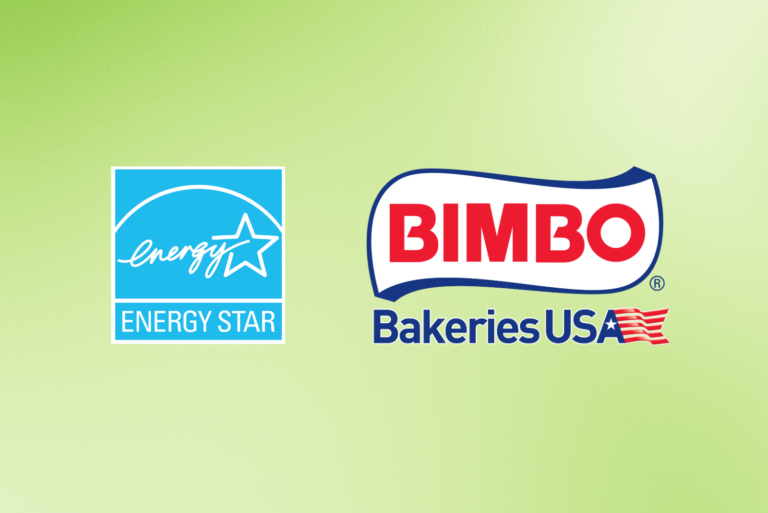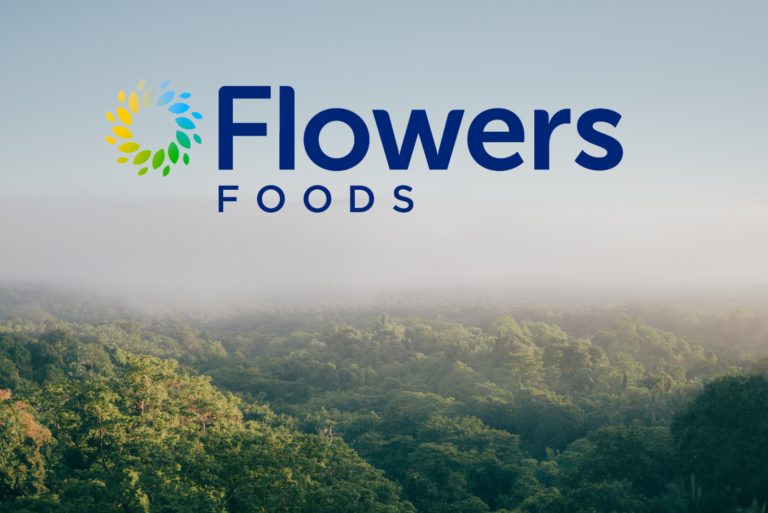KANSAS CITY, MO — The word “efficiency” is tossed around like a communal frisbee, grasped by bakers, manufacturers and suppliers alike. The heightened emphasis on maximizing output and reducing costs has impacted the way businesses operate. From minimizing waste and optimizing resources to implementing advanced automation and upgrading technology, companies are revamping their processes to embrace this critical initiative.
These efforts to operate more efficiently have yielded unexpected — and radically promising — results.
The measures companies are taking to streamline operations are also enhancing sustainability beyond environmental compliance. Within multiple aspects of business, from production to packaging, a new space has formed to tackle both efficiency and conservation.
Quite simply, sustainability, in all its forms, is being seen through a new lens.
Here’s how two companies are realizing the benefits of this new era of secondary sustainability.










